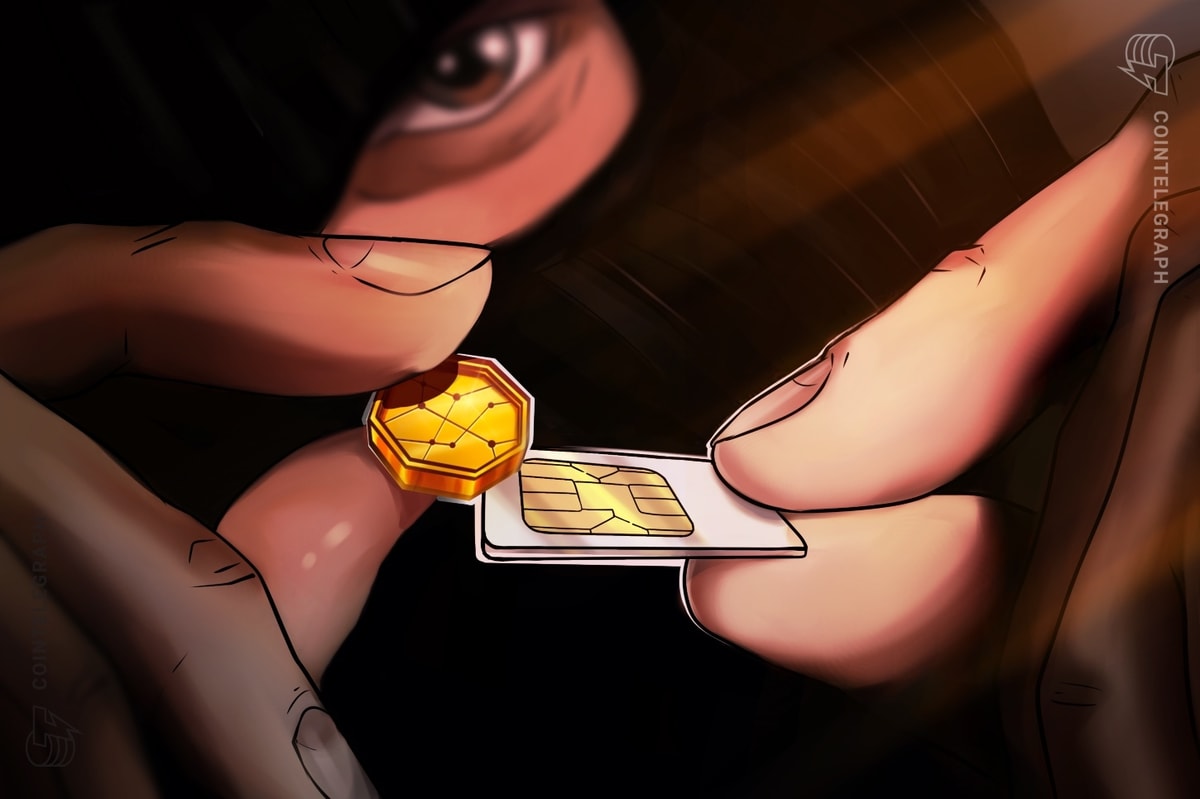In a recent development surrounding the ongoing legal battle between Ripple and the United States Securities and Exchange Commission (SEC), John Deaton, a prominent lawyer and founder of CryptoLaw, has boldly challenged the SEC’s stance on the classification of secondary XRP sales as securities. Deaton argues that the SEC fails to provide sufficient justification for this claim. This article delves into Deaton’s argument, sheds light on the criticism directed at SEC Chair Gary Gensler, and provides an update on the Ripple vs SEC lawsuit.
Deaton’s Argument Against Secondary XRP Sales as Securities
John Deaton has raised an intriguing point by questioning the SEC’s position on secondary XRP sales. Responding to a tweet by former Gibson law firm partner Marc Fagel, Deaton presented a hypothetical scenario illustrating a progressive movement of XRP as a form of payment from Ripple to four other entities. According to Deaton, if the Howey Test, a widely recognized test for determining whether an investment qualifies as a security, is not applied to each transaction, the entities involved cannot be considered to be in a common enterprise with Ripple. Thus, Deaton asserts that secondary XRP sales should not be classified as securities.
The 2nd Circuit Precedent
To support his argument, Deaton references the 2nd Circuit, which states that when a purchaser’s motivation is to use or consume the purchased item, securities law does not apply. By highlighting this precedent, Deaton further strengthens his case against the SEC’s classification of secondary XRP sales as securities.
Criticism of SEC Chair Gary Gensler
Deaton’s criticism extends beyond the SEC’s stance on XRP sales. He specifically targets SEC Chair Gary Gensler for his approach towards cryptocurrencies and the Howey Test. Deaton contends that Gensler’s divergent views on the classification and regulation of cryptocurrencies deviate from the court’s definition of securities established in 1946 in connection to the Howey Test. This divergence, according to Deaton, has caused confusion and uncertainty in the crypto industry.
Ripple vs SEC Lawsuit Verdict Expected Soon: The legal battle between Ripple and the SEC has been a protracted affair, but there is hope that a resolution is on the horizon. Ripple anticipates that the case will conclude favorably by the end of this year. Brad Garlinghouse, Ripple’s CEO, is particularly optimistic that a verdict will be reached within the first half of the year. The release of the Hinman speech, after considerable resistance from regulators, has proven to be a pivotal moment in the ongoing lawsuit.
Conclusion
John Deaton’s challenge to the SEC’s classification of secondary XRP sales as securities has sparked a significant debate within the crypto community. By referencing legal precedents and criticizing SEC Chair Gary Gensler’s approach, Deaton raises valid questions about the regulatory landscape surrounding cryptocurrencies. As the Ripple vs SEC lawsuit draws to a close, the industry eagerly awaits a verdict that could have far-reaching implications for the classification and regulation of digital assets.





